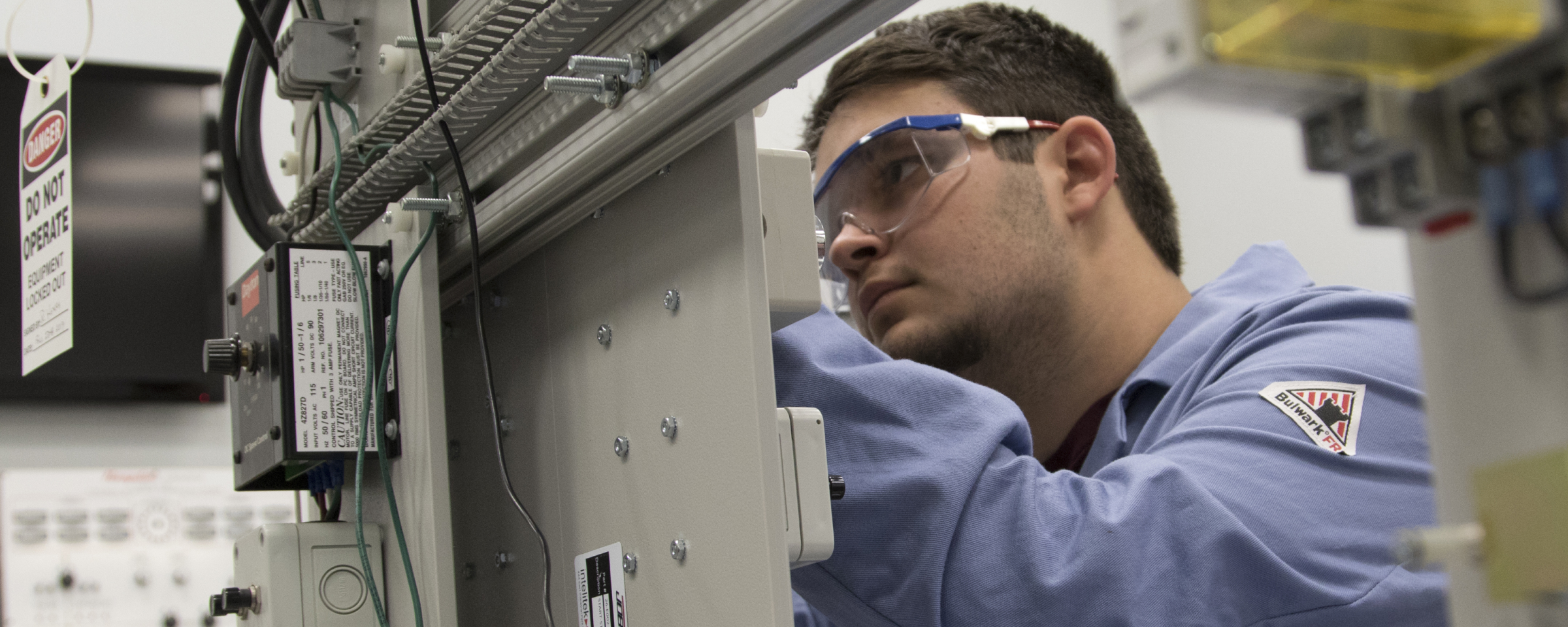
WCJC WELDING TECHNOLOGY PROGRAM PREPARES GRADUATES FOR WORKFORCE

Wharton County Junior College Welding Technology students learn a host of essential welding skills that can be applied to gainful employment in a variety of industries.
WHARTON, TEXAS – Wharton County Junior College’s Welding Technology program offers students a variety of skills and knowledge that can be carried on into a constantly growing workforce — all in one year’s time.
“Successful students can earn up to 19 industry recognized certificates to attach to their welding resume,” said WCJC Welding Technology Program Director Aaron Dittmar.
Graduates enrolled in the Welding Technology Combination and Pipe Welding Certificate Program can expect to operate in an environment that encourages versatility. Along with the ability to earn 19 industry recognized certificates, students also have the ability to absorb a vast number of skills pertaining to the Welding Technology industry. The program teaches skills such as the four major welding processes SMAW, GTAW, FCAW and GMAW, along with carbon arc gouging, oxy-acetylene cutting and beveling, plate and pipe welds in all positions and many other essential welding qualities.
“Our goal is to offer the most comprehensive training, practically and theoretically, we can fit into one year’s time,” said Dittmar.
In his 16 years of instructing the program, Dittmar has seen it evolve tremendously. The program has steadily shifted its focus to weld-testing preparedness, which gives graduates the opportunity to be more prepared for top-paying industry testing. Students also have the ability to earn 12 certificates with the use of the American Welding Society Online Library. Graduates are also given the opportunity to complete six welder qualification tests and six visual and destructive weld tests.
Along with these advancements, plans are to soon add radiography or X-Ray testing while adding an additional Advanced Pipe Welding Course using multiple processes.
Dittmar and full-time instructor Sean Franco have seen the market outlook improve year after year. Whether graduates are looking to stay local or venture outwards, employment is readily available.
“There’s a ton of work out there,” Dittmar said. “Corpus Christi is set to become the largest port in the U.S., and south Texas and the coastal areas have around seven big construction jobs about to kick off, so there is plenty of work for structural and pipe welders.”
Another major benefit for program graduates is that because of the amount of topics covered in the courses, students have the ability to pursue welding jobs that best suit their interests.
“There are opportunities everywhere doing whatever type of welding they wish to do. It will be up to them to do their part and pursue the craft,” said Dittmar.
For more information on WCJC’s Welding Technology program, please visit the college’s website at www.wcjc.edu
###

